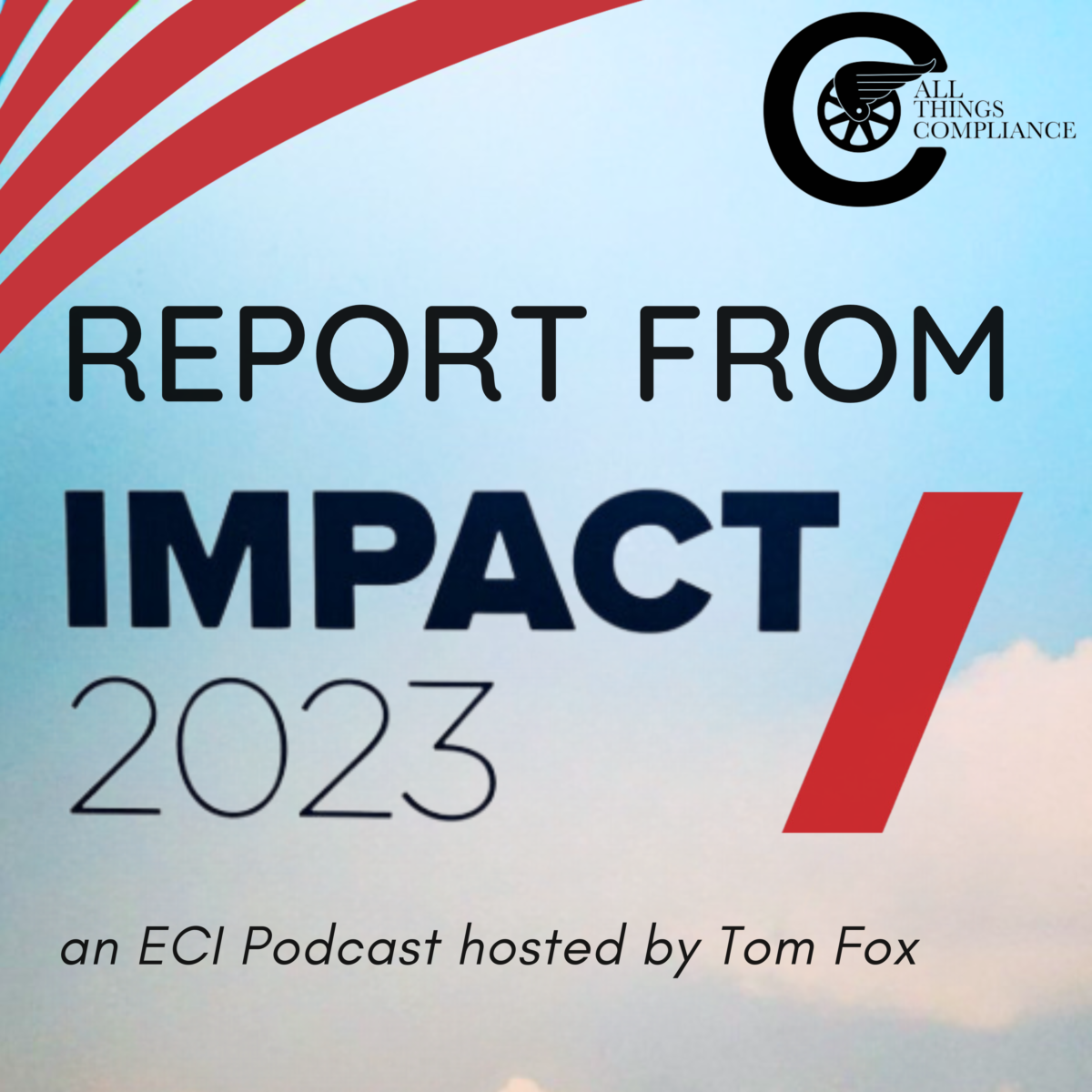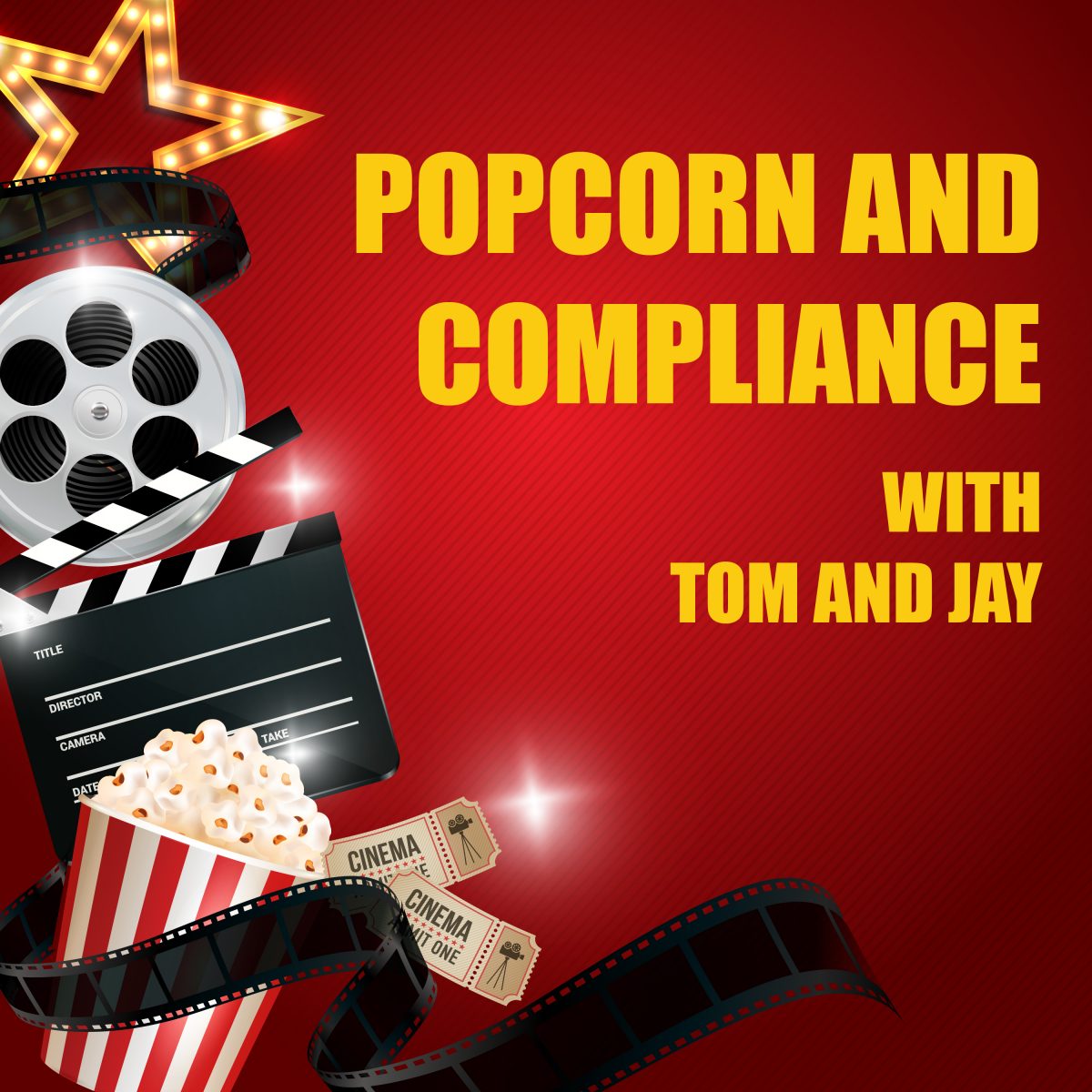The more you can operationalize compliance, the more it works to operationalize culture in your organization. It works for all levels of a company, literally from the Boardroom to the shop floor. The DOJ and SEC recognized this when they noted in their 2020 FCPA Resource Guide, “A compliance program should apply from the board room to the supply room – no one should be beyond its reach.” Yet culture can provide more than simply an ethical foundation, and it is also a part of the business foundation of an entity.
Using such an approach to communications allows a CCO to “see around corners” and can be one of the greatest strengths of a best practices compliance program. The reason is listening. Listening is a key leadership component, and there are certainly many ways to listen. You can sit in your office and wait for a call or report on the hotline, or you can go out into the field and find out what challenges employees are facing. From this, you can work with them to craft a solution that works for the company and holds to the company’s ethical and compliance values.
Using social media tools, a CCO can move towards Thomas’ next key ingredient of a successful corporate culture, which is trust. Thomas said, “I’m obsessive about the culture that we create specifically around trust, and this is an adjustment for some people when they come here. If you join our team, there’s trust by default here. That means you trust in the competence of your teammates. You trust in their intentions and what they’re saying. At some companies, the culture is that trust is earned over time, but that means if everyone in the organization says you have to earn trust, the amount of energy that actually goes into the trust-earning process is a distraction from our mission.”
Three key takeaways:
- A company can fail if it does not get its culture right.
- Using communications to “see around corners.”
- Trust works as a business strategy.
For more information, check out The Compliance Handbook, 4th edition, here.








